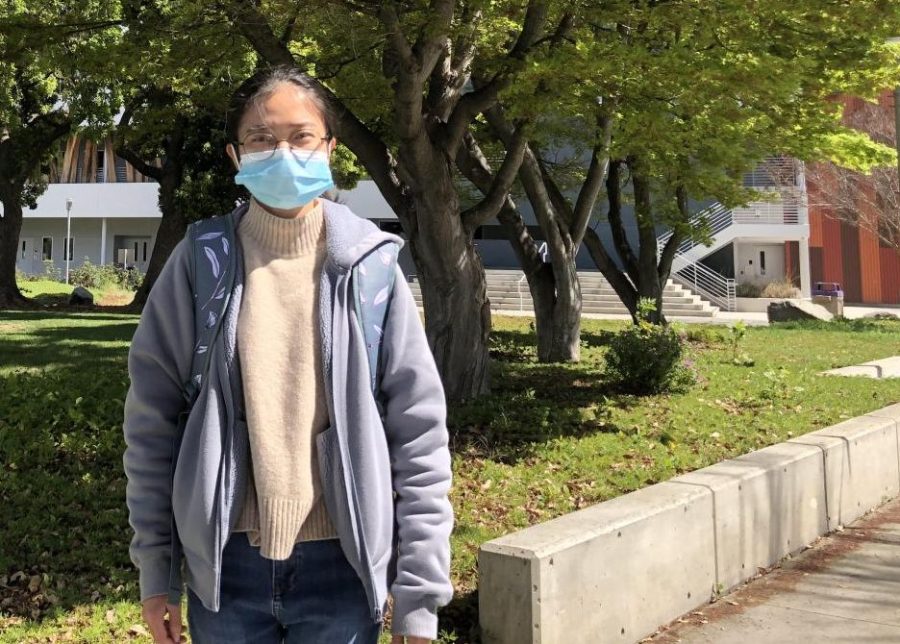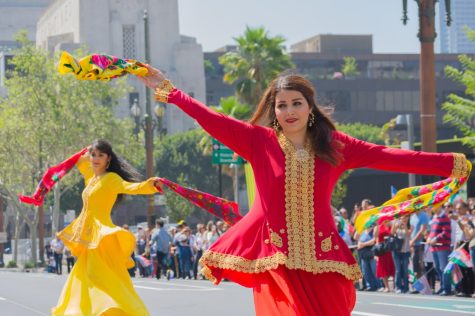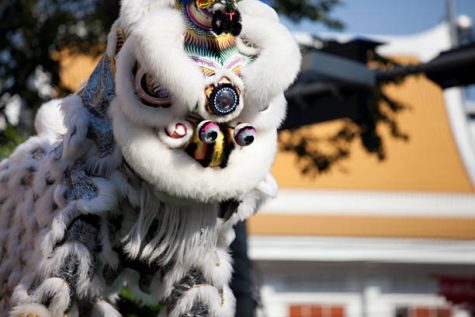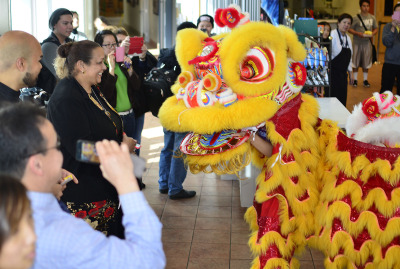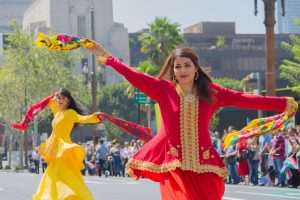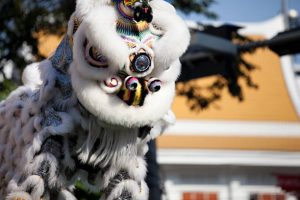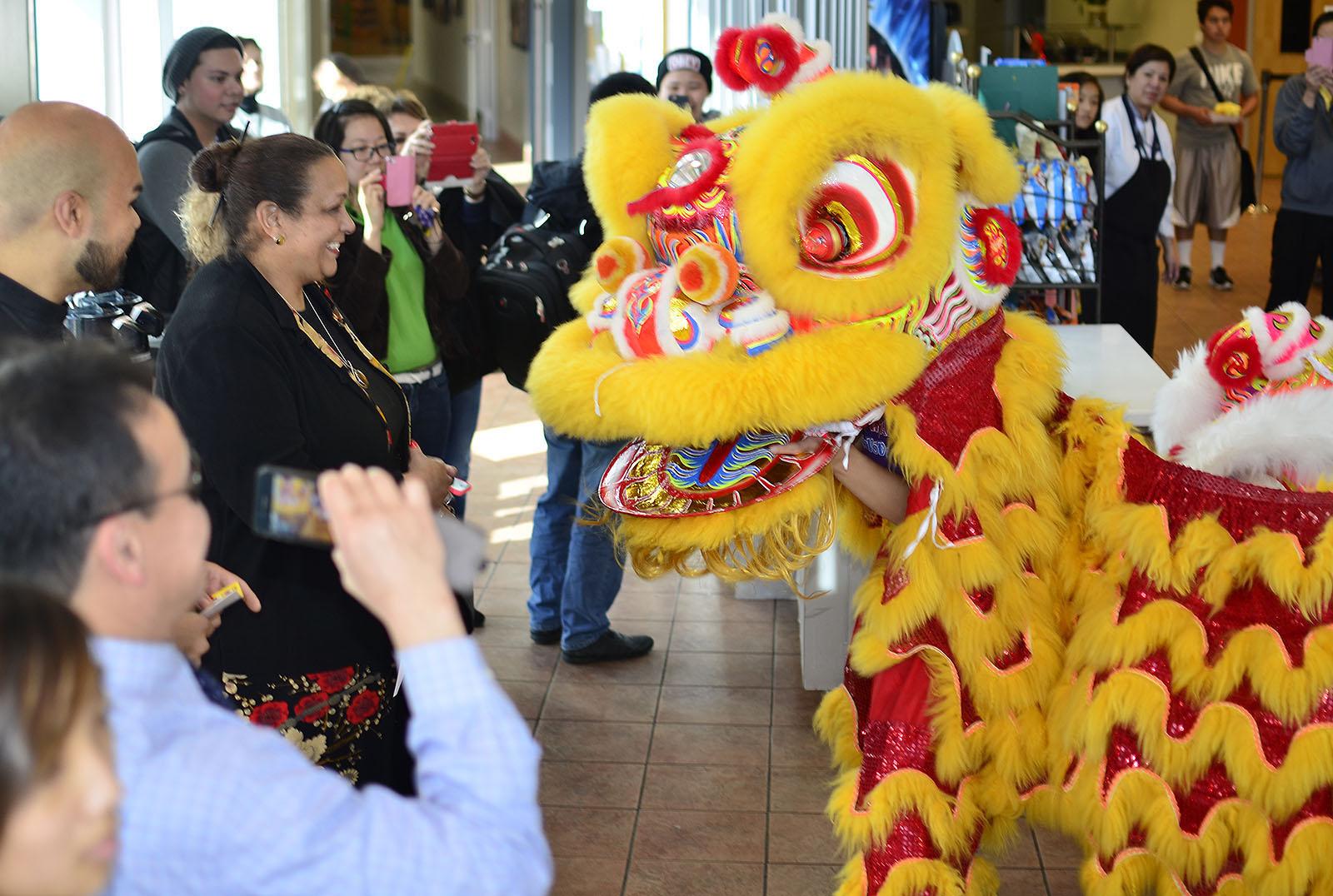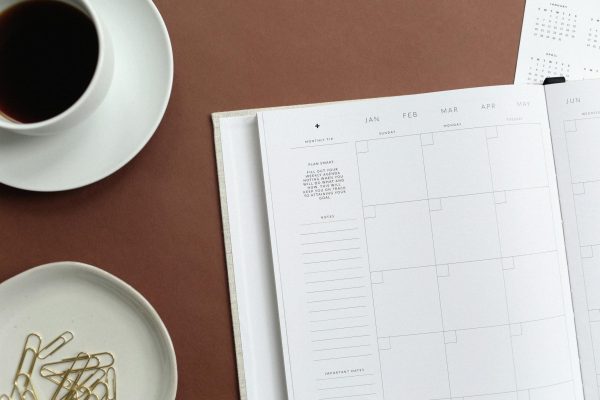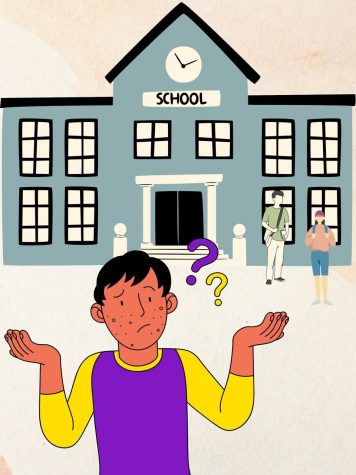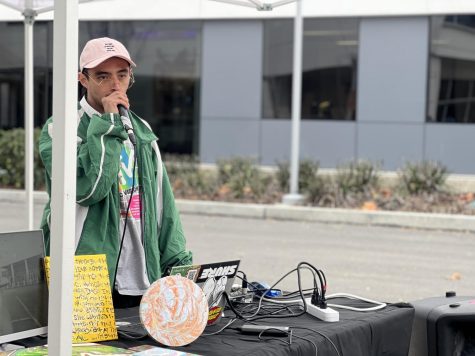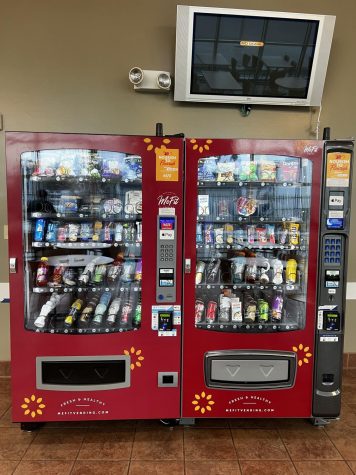Nowruz vs. Tet
A comparison of Nowruz (Persian New Year) and Tet (Lunar New Year)
Hong Lam, a Vietnamese SJCC business major student, shares her experience about Tet (Lunar New Year).
March 26, 2022
Tet, also called Lunar New Year, which is based on the lunar calendar, usually occurs in the middle of January or February every year around the world but mostly in East and Southeast Asia.
Nowruz and Get can be traced back to approximately 3000 years B.C.E While Nowruz is celebrated by diverse communities throughout Asia such as Western Asia, Central Asia, the Caucasus, the Black Sea Basin, the Balkans and South Asia, Lunar New Year is mainly celebrated by Asians but particularly in East and Southeast Asia.
Also similar to Nowruz, people who celebrate Tet, typically are Chinese, Vietnamese, Korean, Japanese, usually have to clean and refurbish their house at least one week before the actual day happens.
Instead of decorating a haftseen table (7 symbolic items), Vietnamese people have for thousands of years done the “cau, dua, du, xoai” (custard-apple, coconut, papaya and mango). These four kinds of fruits are among the popular ones in Vietnam. They represent hope, love, prosperity and gratitude.
“It is very special for me. That is the time that I can gather with my relatives and friends who live far away from my home. I don’t need to go to work or school,” Vietnamese SJCC student Hong Hue Lam said. “I have time for myself, for my loved ones, to look back and to look forward to the future. It’s the time for us to show our gratitude for the ones we love.”
Lam said it takes around one week for her and her family to clean up and get prepared for the event.
“Usually my grandparents will cook a good meal (when Lam is in Vietnam), a traditional Vietnamese meal, and we just gather together,” Lam said.
In the U.S. she said she does not have the same feeling as she had in Vietnam. She still celebrates it in a small way and her aunt cooks meals for her and the family.
“I really miss that feeling (of being home), and I definitely will go back sometime. Maybe I will wait until I graduate,” Lam said.
Lam said she usually goes to the pagoda (Buddhist temple) to pray, but a fond memory of her childhood was receiving red envelopes (cash gifts).

